Which foods naturally boost male testosterone for peak vitality & performance?
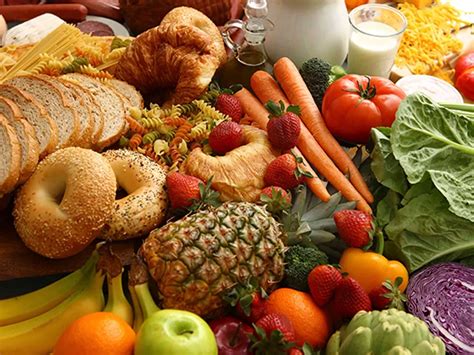
Understanding Testosterone and Its Importance
Testosterone, the primary male sex hormone, plays a crucial role far beyond libido. It influences muscle mass, bone density, fat distribution, red blood cell production, and mood. As men age, testosterone levels naturally decline, but various lifestyle factors, including diet, can significantly impact these levels. Optimizing testosterone through natural food sources can lead to improved energy, enhanced physical performance, better mood regulation, and overall increased vitality.
While various supplements claim to boost testosterone, focusing on a balanced diet rich in specific nutrients is a safer and more sustainable approach to supporting hormonal health. Certain foods provide the essential building blocks and cofactors necessary for testosterone synthesis and regulation within the body.
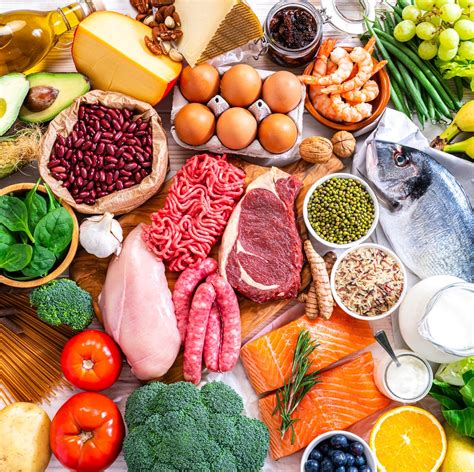
Essential Nutrients and Testosterone-Boosting Foods
Zinc-Rich Foods: The Mineral for Male Hormones
Zinc is a vital mineral directly linked to testosterone production. Deficiency in zinc can lead to reduced testosterone levels. It plays a role in numerous enzymatic reactions, including those involved in hormone synthesis.
- Oysters: Often hailed as an aphrodisiac, oysters are one of the richest natural sources of zinc.
- Red Meat: Beef, especially lean cuts, provides a significant amount of zinc, along with other critical nutrients like protein and iron.
- Shellfish: Crab and lobster are also excellent sources of this essential mineral.
- Pumpkin Seeds: A great plant-based source of zinc, magnesium, and healthy fats.
- Legumes: Chickpeas, lentils, and beans contain zinc, though in a less bioavailable form than animal sources.
Vitamin D: The Sunshine Hormone
Often referred to as the ‘sunshine vitamin,’ Vitamin D is actually a steroid hormone itself and plays a critical role in male hormone health. Research indicates a strong correlation between adequate Vitamin D levels and higher testosterone.
- Fatty Fish: Salmon, mackerel, tuna, and sardines are excellent dietary sources of Vitamin D.
- Egg Yolks: While the amount is smaller, egg yolks do contain Vitamin D and are an easily accessible source.
- Fortified Foods: Milk, orange juice, and cereals are often fortified with Vitamin D.
Magnesium: The Muscle and Hormone Supporter
Magnesium is another crucial mineral that can impact testosterone levels, particularly by reducing the binding of testosterone to sex hormone-binding globulin (SHBG). This allows more free, biologically active testosterone to circulate in the blood.
- Dark Leafy Greens: Spinach, kale, and Swiss chard are packed with magnesium.
- Nuts and Seeds: Almonds, cashews, peanuts, and pumpkin seeds are good sources.
- Avocados: A versatile fruit that offers magnesium and healthy fats.
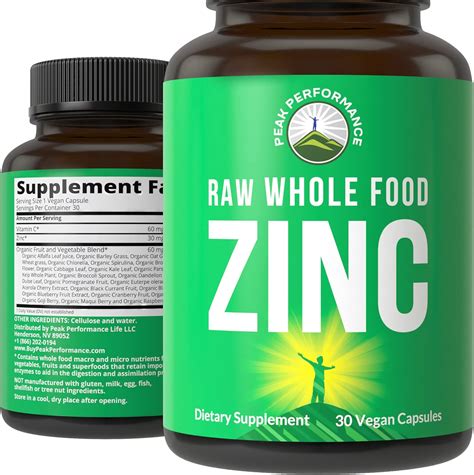
Healthy Fats: The Building Blocks for Hormones
Cholesterol, derived from healthy fats, is a precursor to steroid hormones, including testosterone. Restricting healthy fats too much can negatively impact hormone production.
- Avocados: Rich in monounsaturated fats, beneficial for heart health and hormone production.
- Olive Oil: Extra virgin olive oil has been shown to improve testosterone levels in some studies.
- Nuts and Seeds: Almonds, walnuts, chia seeds, and flaxseeds provide healthy fats and other micronutrients.
- Fatty Fish: As mentioned for Vitamin D, these also provide omega-3 fatty acids, which have anti-inflammatory benefits that support overall health and potentially hormone balance.
Other Beneficial Foods and Compounds
- Garlic: Contains diallyl disulfide, which may stimulate the release of luteinizing hormone, signaling the testes to produce more testosterone.
- Ginger: Some studies suggest ginger may enhance testosterone production and sperm quality in men.
- Cruciferous Vegetables: Broccoli, cauliflower, cabbage, and Brussels sprouts contain indole-3-carbinol (I3C), which helps the body metabolize estrogen, potentially leading to a better testosterone-to-estrogen ratio.
- Berries and Antioxidant-Rich Fruits: These help reduce oxidative stress, which can negatively impact hormone health.
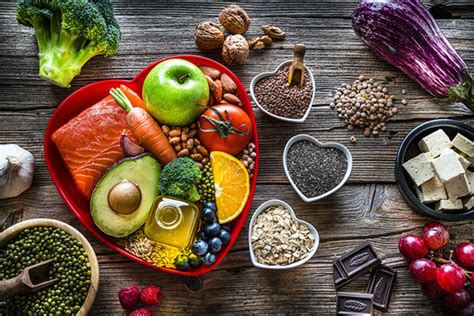
Nutritional Strategies for Optimal Testosterone Levels
While individual foods are important, an overall dietary pattern is key. Focus on a balanced intake of whole, unprocessed foods. Minimize sugar, refined carbohydrates, and unhealthy trans fats, which can contribute to inflammation and insulin resistance, both detrimental to hormone health.
- Balanced Macronutrients: Ensure adequate intake of protein (for muscle maintenance), healthy fats (for hormone synthesis), and complex carbohydrates (for energy).
- Regular Meals: Consistent eating patterns can help regulate blood sugar and energy levels, supporting hormonal balance.
- Hydration: Staying well-hydrated is crucial for all bodily functions, including hormone transport and cellular health.
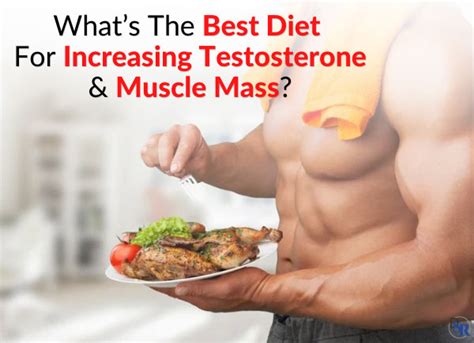
Beyond Diet: Lifestyle Factors for Testosterone
While diet is paramount, it’s part of a larger picture. For peak vitality and performance, consider these complementary lifestyle factors:
- Regular Exercise: Especially strength training and high-intensity interval training (HIIT), can significantly boost testosterone.
- Adequate Sleep: Chronic sleep deprivation is a major suppressor of testosterone. Aim for 7-9 hours of quality sleep per night.
- Stress Management: Chronic stress elevates cortisol, which can directly suppress testosterone production. Incorporate stress-reducing activities like meditation, yoga, or hobbies.
- Maintain a Healthy Weight: Obesity, particularly abdominal fat, is associated with lower testosterone levels due to increased aromatization of testosterone into estrogen.

Conclusion
Boosting male testosterone naturally is an attainable goal through a strategic approach to nutrition and lifestyle. By prioritizing a diet rich in zinc, Vitamin D, magnesium, and healthy fats from whole, unprocessed foods, alongside adequate sleep, regular exercise, and stress management, men can significantly support their hormonal health. This holistic approach not only aims to elevate testosterone levels but also contributes to enhanced vitality, improved performance, and overall well-being, paving the way for a healthier and more energetic life.








